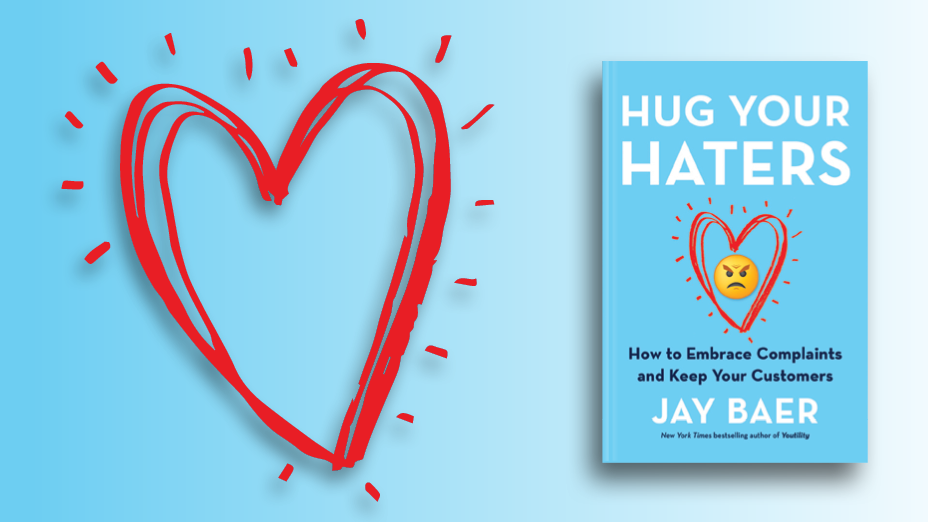At a recent The Art of Marketing event in Toronto, I had the pleasure of sharing the stage with luminaries like Martin Lindstrom(author of Brandwashed, Buyology, etc…), Randi Zuckerberg (former head of marketing at Facebook and sister of its founder, Mark Zuckerberg), ScooterBraun (music industry professional and the person who discovered and manages Justin Bieber) and many others. With over 1500 business professionals in attendance, the day long, sold out event featured seven top-of-their-game speakers and marketing professionals, but one individual stole the show. Eric Ryan is the co-founder and Chief Brand Architect of Method. Along with his business partner, Adam Lowry, Method is on a mission to change the consumer packaged goods business, as we have known it to date. Their cleaning supplies are green, non-toxic and are so aesthetically pleasing that people display them with pride, instead of hiding them under their sinks. They brand the company as “people against dirty” and leverage their indie brand street cred to push the envelope with everything from how they recruit (they give potential employees homework assignments), to their marketing (very clever and inventive uses of media with lots of humor), to their innovative product lines (check out their laundry detergent - it requires only a couple of squirts per load). How well has it worked out for Method? Check out their best-selling business book, The Method Method - Seven Obsessions That Helped Our Scrappy Start-up Turn an Industry Upside Down (Portfolio, 2011), which Ryan and Lowry co-wrote along with Lucas Conley.
"Indie Brands are the brands that go left when everyone is turning right."
How does an independent brand like Method rise in a business world where 800-pound gorillas like Unilever, Procter & Gamble and Johnson & Johnson roam the jungle? The answer is both complex and simple. The simple part is that our world has changed. Technology (and, more importantly, the Internet) has notonly connected us all, but it has opened up many new channels to better understand the nuanced needs of the modern consumer. The complexity comes is breaking down what all of this means. We now live in a world where online platforms like Kickstarter (a website that enables individuals to post their independent business ideas and have them funded by individuals interested in buying what these businesses are selling) are now funding more businesses in the creative space than the National Endowment for the Arts in the United States. We’re quickly moving into a DIY (do it yourself) culture, where businesses can, literally, do everything and anything because of the power of the Internet – from sourcing production facilities to securing funding to cheap and effective direct to consumer marketing. All of this is giving rise to more individuals who are opting for entrepreneurship over the grind of nine to five.
The rise of independent companies developing and growing into world-class brands became a topic that fascinated Amsterdam-based communications professional, Anneloes van Gaalen. For the past three years, van Gaalen has been researching the rise of independent brands on a global scale and just last week published her findings in a book called, Indie Brands - 30 Independent Brands That Inspire and Tell a Story (BIS Publishers 2012).
“The term ‘indie brand’ means a lot of different things to different people,” said van Gaalen via a Skype conversation. “To me, this is about brands that are started by entrepreneurs that are independently funded and they have an independent spirit. These are the brands that go left when everyone is turning right. These are brands that make use of storytelling as their primary form of marketing… not advertising. They also make smart use of the available marketing channels. The brands that are in this book are people who started a business out of pure passion and they tend to opt for the road less travelled. This usually makes for an interesting story, and this case we published thirty of these interesting stories.”
"The brands that wins are the one's with a story to tell, they are transparent and credible."
Riffing on the indie band movement, van Gaalen tells the story of thirty brands that manage to tell a very different narrative. From companies like OAT Shoes (the world’s first fully biodegradable sneaker that has seeds embedded in the tongue of the shoes, so when they are worn out, they can be buried and plants willgrow) to Montreal’s own Yellow Bird Project (an organization that collaborates with indie bands to raise money for various charities. They have also published two best-selling books – The Indie Rock Coloring Book and The Indie Rock Poster Book).
“We built this company from the ground up, without having to get any upfront investment,” said Casey Cohen, who along with Matthew Stotland founded Yellow Bird Project in 2006. “This means that we're able to run this company on our own terms. We don't have partners to answer to, so any decisions that we make are final. This gives us the freedom to explore new directions, or even turn down opportunities that we think are not a good fit. At the end of the day, we spent so much time developing our brand that we're in a very fortunate position now to have complete control over it. Our charities and bands trust us, so we know that to them it just wouldn't feel right to be putting their trust into the hands of other people.”
This is a very different business world. The brands that wins are the brands that not only have a story to tell, but they’re the brands that are transparent, credible and have something unique and different for their consumers. Indie brands are born and bred on these values and principles, so it’s no surprise that the major corporations who dominate Wall Street are now trying to figure out how to act more like Method, OAT Shoes and the Yellow Bird Project. Indie is the new big.
Image Courtesy of www.fistfuloftalent.com





.png)




What Did You Think?